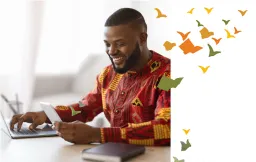Explore the dynamic world of Open Educational Resources and discover how OER Africa is driving the movement forward. This page is divided into two sections:
Articles: Our articles aim to deliver insights on OER-related themes that inform, spark conversation, and engage with the developing open education landscape, with a particular focus on Africa.
Updates: Below, the articles, you'll find updates on OER Africa’s latest initiatives, activities, and contributions to the OER community.
Articles
This section features targeted articles crafted specifically for educators, students, and the global Open Educational Resources (OER) community. The articles examine themes related to OER, offering insightful perspectives and information. The content seeks to inform, prompt discussion, and actively engage with the dynamic landscape of open education, particularly within the African context.
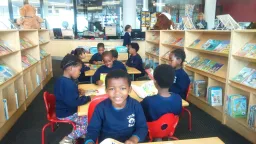
This week (14-20 March 2022) is South African Library Week. In 2001, the Library and Information Association of South Africa (LIASA) established Library Week for all types of libraries in South Africa to market their services and create awareness of the important role that libraries play in a democracy.
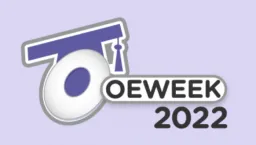
Every year, the team at OER Africa looks forward to Open Education Week (OE Week). This year is no different, as we prepare ourselves to engage with this vibrant community and participate in the many diverse activities on offer. Launched in 2012 by Open Education Global, OE Week is a collaborative, community-built open forum. It raises awareness about open education and highlights innovative open education successes worldwide.
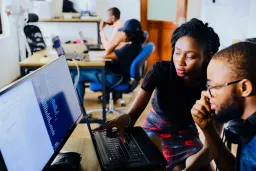
Assessment always has a purpose. We need to be clear on that purpose in our learning design work. But that purpose can vary. In this article aimed at educators, we explore assessment of, for, and as learning to think about the purpose of assessment and to help us think about integrated summative assessment.
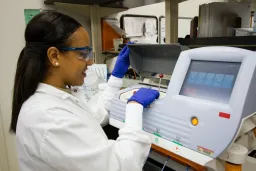
You may have seen ArXiv pop up in your science-related or open access repository searches. ArXiv is an open access repository for pre-prints and post-prints that have been moderated but not peer reviewed.

Are academics at your institution struggling to find the time and space to invest in their own continuing professional development (CPD)? With so many competing priorities, many academics find it difficult squeeze CPD in among their other daily responsibilities.
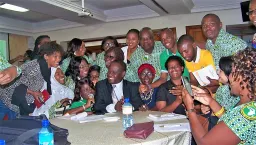
In this week’s article, Leanne Rencken delves into the ongoing collaboration between the African Library and Information Associations and Institutions (AfLIA) and OER Africa. OER Africa has developed three learning pathways, as part of its grant from the William and Flora Hewlett Foundation, and, along with AfLIA, is piloting them with university and academic librarians on the continent.
Updates
This section provides updates on OER Africa’s initiatives and activities. Stay informed about our contributions to the OER community and how we are driving the open education movement forward.
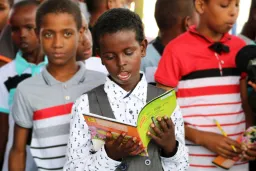
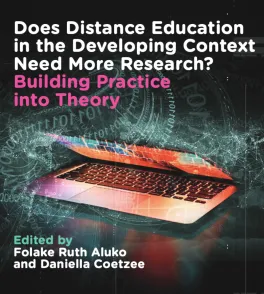
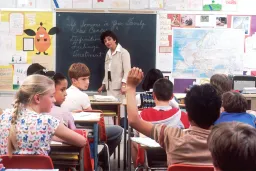
Education systems around the world have traditionally been characterized by closed knowledge systems, overly prescriptive curricula, narrow conceptions of success, and a failure to fully empower teachers as facilitators of learning. A recent paper by Neil Butcher & Associates argues that a key reason for these issues is that many education systems are inhibited by complex policy environments that, likely unintentionally, impede learning and create educational closure.
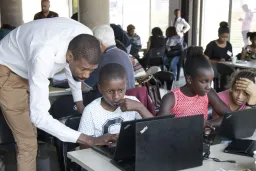
From 4 to 7 September 2023, we celebrate the inaugural Digital Learning Week – a reframing of what was previously known as Mobile Learning Week. The United Nations Educational, Scientific and Cultural Organisation (UNESCO) will convene in-person events for policymakers, practitioners, educators, private sector partners, researchers, and development agencies.

OER Africa has just published an expanded and revised 'Open Knowledge Primer for African Universities.' In the five years since we wrote the first edition, open education has now grown to include developments in open access, open data, open educational resources (OER), and open science. We thought it was time for a refresh.

